
Long-term follow-up of a phase III trial showed overall survival results for bevacizumab plus chemotherapy in women with ovarian, fallopian tube, or primary peritoneal cancer.

Your AI-Trained Oncology Knowledge Connection!


Long-term follow-up of a phase III trial showed overall survival results for bevacizumab plus chemotherapy in women with ovarian, fallopian tube, or primary peritoneal cancer.

A phase I/II trial tested the combination of niraparib and pembrolizumab in patients with recurrent ovarian carcinoma.

Researchers tested the MET inhibitor capmatinib in patients with non–small-cell lung cancer and a MET exon 14 skipping mutation.

Lurbinectedin may represent a new treatment option as second-line therapy for patients with small-cell lung cancer.
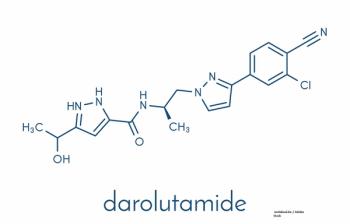
An analysis of the ARAMIS trial looked at quality of life and other outcomes with darolutamide in men with nonmetastatic castration-resistant prostate cancer.

A phase II trial tested docetaxel, trastuzumab, and pertuzumab vs T-DM1 for the neoadjuvant treatment of HER2+ breast cancer.

The PAIREDCAP trial looked at different biopsy approaches to see which has the highest cancer detection rate for prostate cancer.
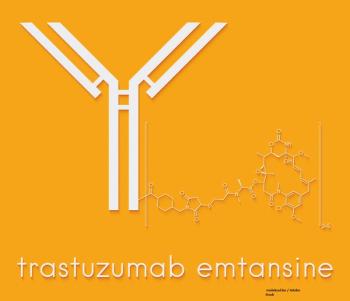
This phase III trial tested T-DM1 plus pertuzumab vs chemotherapy and dual HER2 blockade in patients with HER2+ breast cancer.
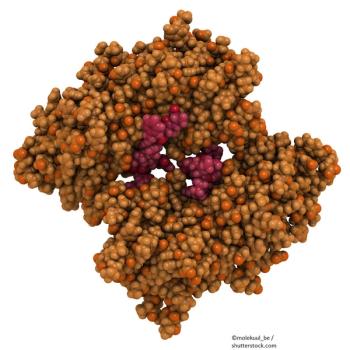
An analysis of the phase III SOLO1 trial examined safety signals with olaparib maintenance therapy for women with newly diagnosed advanced ovarian cancer and a BRCA mutation.

Researchers looked at patient-reported outcomes with partial breast vs whole breast irradiation in patients with breast cancer who were not receiving chemotherapy.

The GIM4 study looked at the effect of 2 to 3 years vs 5 years of letrozole on risk of recurrence in HR-positive early breast cancer.
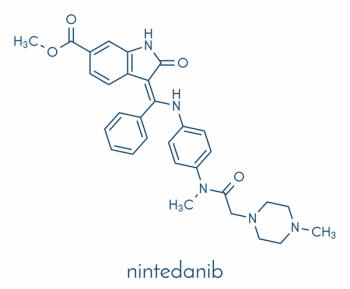
A phase II trial showed that the addition of nintedanib to neoadjuvant chemotherapy did not benefit patients with advanced epithelial ovarian cancer.

Researchers analyzed recurrence and survival outcomes for clear cell ovarian carcinoma in the JGOG3017/GCIG trial.
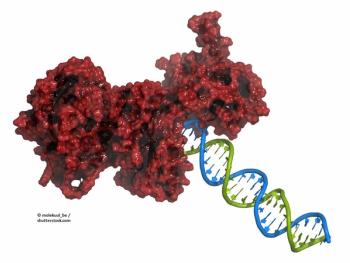
Researchers tested maintenance therapy with rucaparib in a phase III trial of patients with recurrent epithelial ovarian cancer who experienced response to platinum-based chemotherapy.

The TAXOMET trial tested the addition of metformin to docetaxel and prednisone in patients with metastatic castration-resistant prostate cancer.
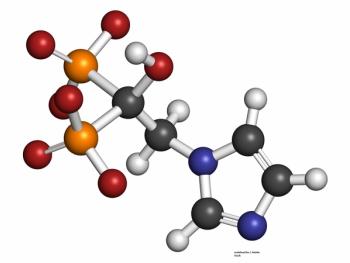
Researchers tested the administration of bone-targeted agents once every 12 weeks vs once every 4 weeks for a year in patients with metastatic castration-resistant prostate cancer.

Researchers tested treatment with bone-protecting agents in men with metastatic castration-resistant prostate cancer treated with enzalutamide or radium-223.

A computer modeling analysis studied the use of NGS and its costs in patients with metastatic non–small-cell lung cancer.

A new study identified several T-cell antigens that are shared between tumor tissue and skin in a cohort of patients with non–small-cell lung cancer who were treated with anti–PD-1 therapy.

Researchers tested the angiogenesis inhibitor trebananib combined with the standard of care in patients with advanced ovarian cancer.

A trial compared two intraperitoneal chemotherapy regimens and an intravenous regimen for newly diagnosed advanced ovarian carcinoma.

Researchers tested a novel antibody-drug conjugate known as trastuzumab deruxtecan in an expansion cohort of a phase I study of patients with advanced HER2+ breast cancer previously treated with trastuzumab emtansine.

Researchers tested whether certain patients with HER2-positive breast cancer may eventually be eligible for non-surgical management.

Researchers looked at the use and effects of 5α-reductase inhibitors to treat benign prostatic hyperplasia on prostate cancer outcomes.

Final results of LATITUDE confirm the benefit of abiraterone acetate plus prednisone along with ADT in high-risk metastatic castration-sensitive prostate cancer.
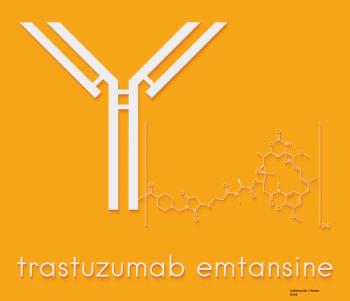
The long-term results of the phase III HannaH trial confirmed the similarity between the subcutaneous and intravenous formulation of trastuzumab in patients with HER2+ breast cancer.

Researchers tested omitting chemotherapy from a treatment regimen involving dual blockade with pertuzumab and trastuzumab in patients with metastatic HER2+ breast cancer.
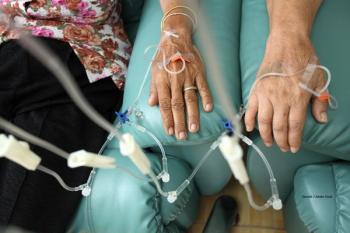
Researchers will discuss new findings on continuous vs intermittent chemotherapy schedules in advanced breast cancer at the ESMO Breast Cancer Congress.
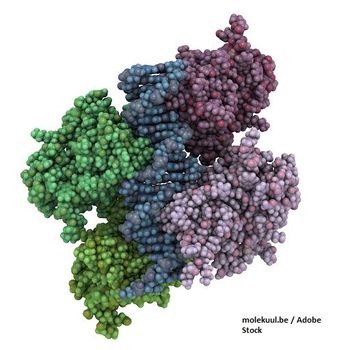
Researchers tested whether TP53 mutation status can determine the function of estrogen receptor-beta (ESR2) in patients with triple-negative breast cancer.

A study of genetic testing in ovarian and breast cancer patients found substantial disparities in testing rates for ovarian cancer patients.